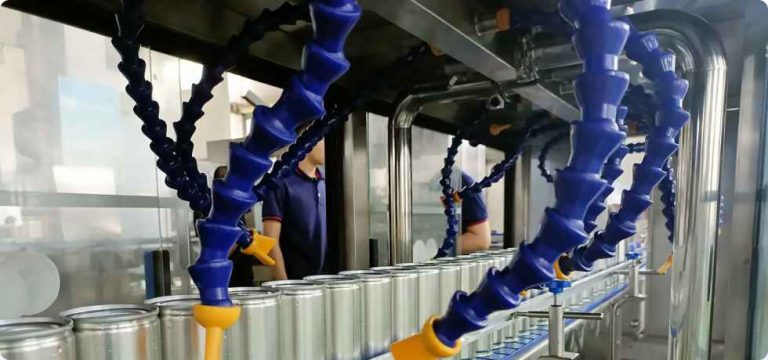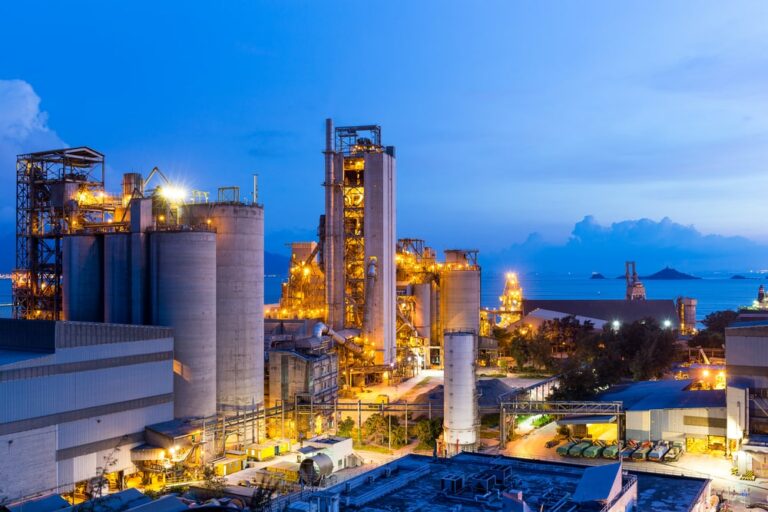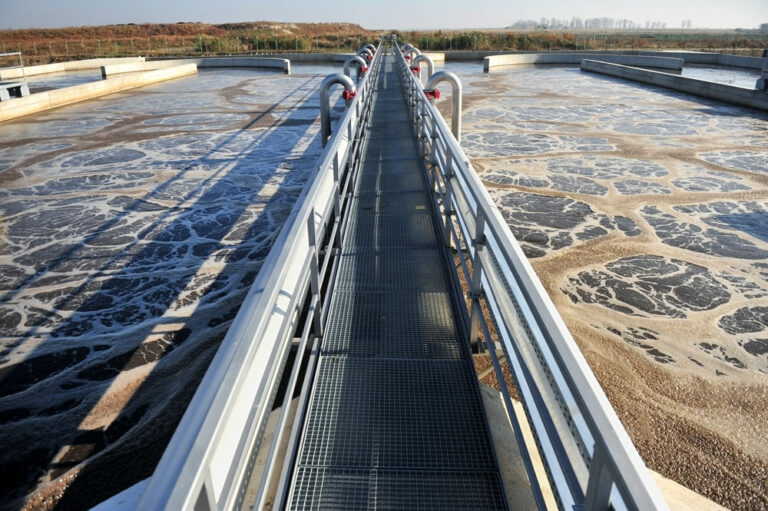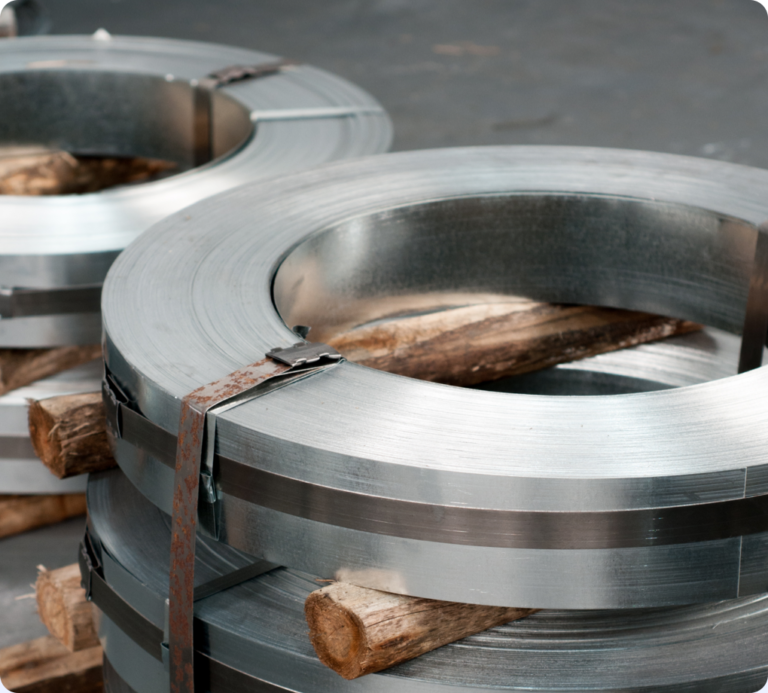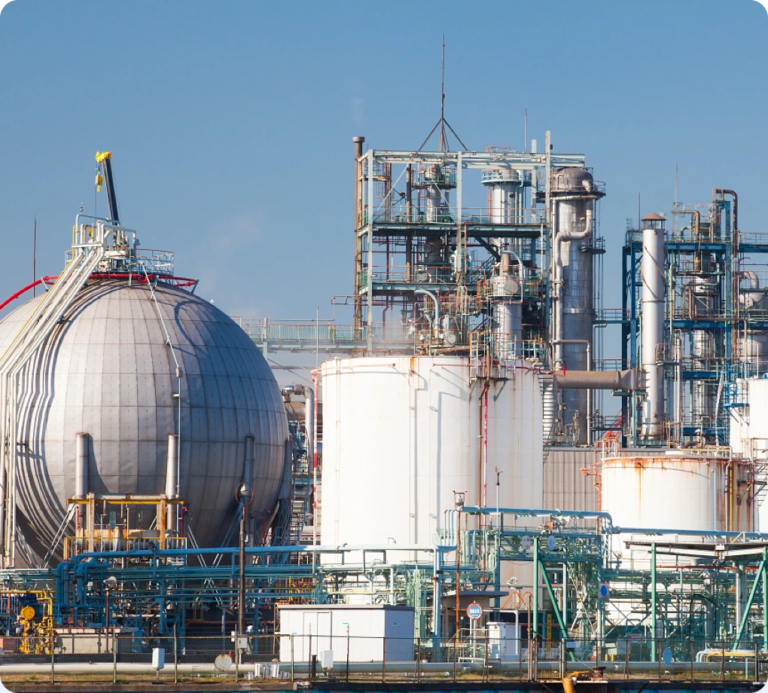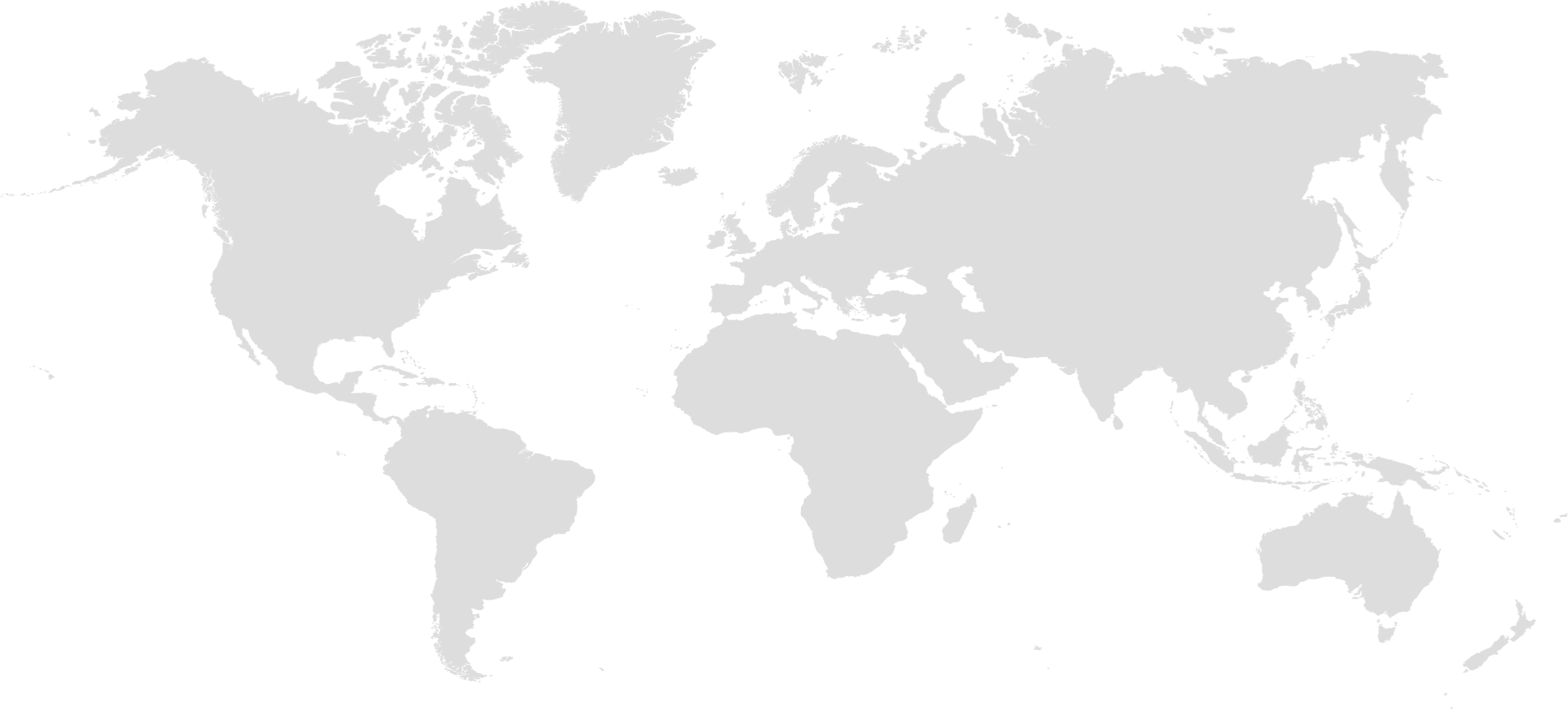RAETTS have realized the R&D and intellectual manufacturing of the whole industrial chain of blowers and compressors. Innovation has never stopped, technology is the king. After more than ten years of innovation and development, RAETTS has broken through the international technology monopoly and created a mature air bearing blower and maglev turbo blower dual production lines firstly in the industry, pioneered the portable and the miniature type air bearing blower.We have Won High Praise From Our Clients Who Came From Europe,America,Asia,Saint Kitts and Nevis,Bulgaria,Burma,Switzerland,Seychelles,El Salvador,Slovenia,Trinidad and Tobago,Martinique… etc.
RAETTS has passed ISO9001 quality management system certification, ISO14001 environmental management system certification, ISO45001 occupational health and safety management system certification, ISO10012 measurement management system certification, five-star after-sales service system certification, intellectual property management system certification and other authoritative certifications.

| Product name | air blower |
| Keyword | Air Blower for Chemical and Petrochemical Industry,centrifugal blower for mine material transportation,WTP blower,aeration blower for waste water treatment plants,high-speed turbo blower manufacturers |
| Place of Origin | China |
| Feature | RAETTS air bearing turbo blower is a brand-new concept blower, which integrates the main core technologies such as “air suspension bearing”, “permanent magnet ultra-high-speed motor”, “high-precision aviation-grade impeller”, and creates a new era of ultra-high efficiency ,low noise and low energy consumption. |
| Dimensions | 730mm*769mm*758mm, (Contact us for specific information to confirm) |
| Applicable Industries | high tower desulfurization, etc. |
| Weight | 562kg |
| delivery date | the common delivery time will be 30-40 days. |
| terms of paymen | RAETTS accept payment by T/T(30% advance payment,70% before shipment) |
| Life span | 12 years (Contact us for specific information to confirm) |
| After-sale service | RAETTS warranty time for air bearing blower and maglev turbo blower is 24months,for high speed centrifugal blower is 12 months. |
| Advantage | We keep good quality and competitive price to ensure our customers benefit |
| Packing | 892x809x875mm(Contact us for specific information to confirm) |
| OEM/ODM | Customization Service Provided |
| Sales country | All over the world for example:Saint Kitts and Nevis,Bulgaria,Burma,Switzerland,Seychelles,El Salvador,Slovenia,Trinidad and Tobago,Martinique |
| MOQ | 9pcs(Contact us for specific information to confirm) |
| production capacity | production capacity RAETTS production quantity for air bearing blower and maglev turbo blower is about 200pcs/month,for high speed centrifugal blower is about 700pcs/month. |
| raw materials | RAETTS air blower impeller in made of aluminum alloy,enclosure material is carbon steel,rotor material is cast iron.If customers need other special materials,we can also customized according to customers requirements |
| technology | RAETTS air bearing blower technology is originated from South Korea and maglev turbo blower technology is originated from Germany.RAETTS also have R&D team from Xi’an Jiaotong University |
| quality system | RAETTS has quality management system certificate ISO9001:2015 and enviromental management system certificate ISO14001:2015 |

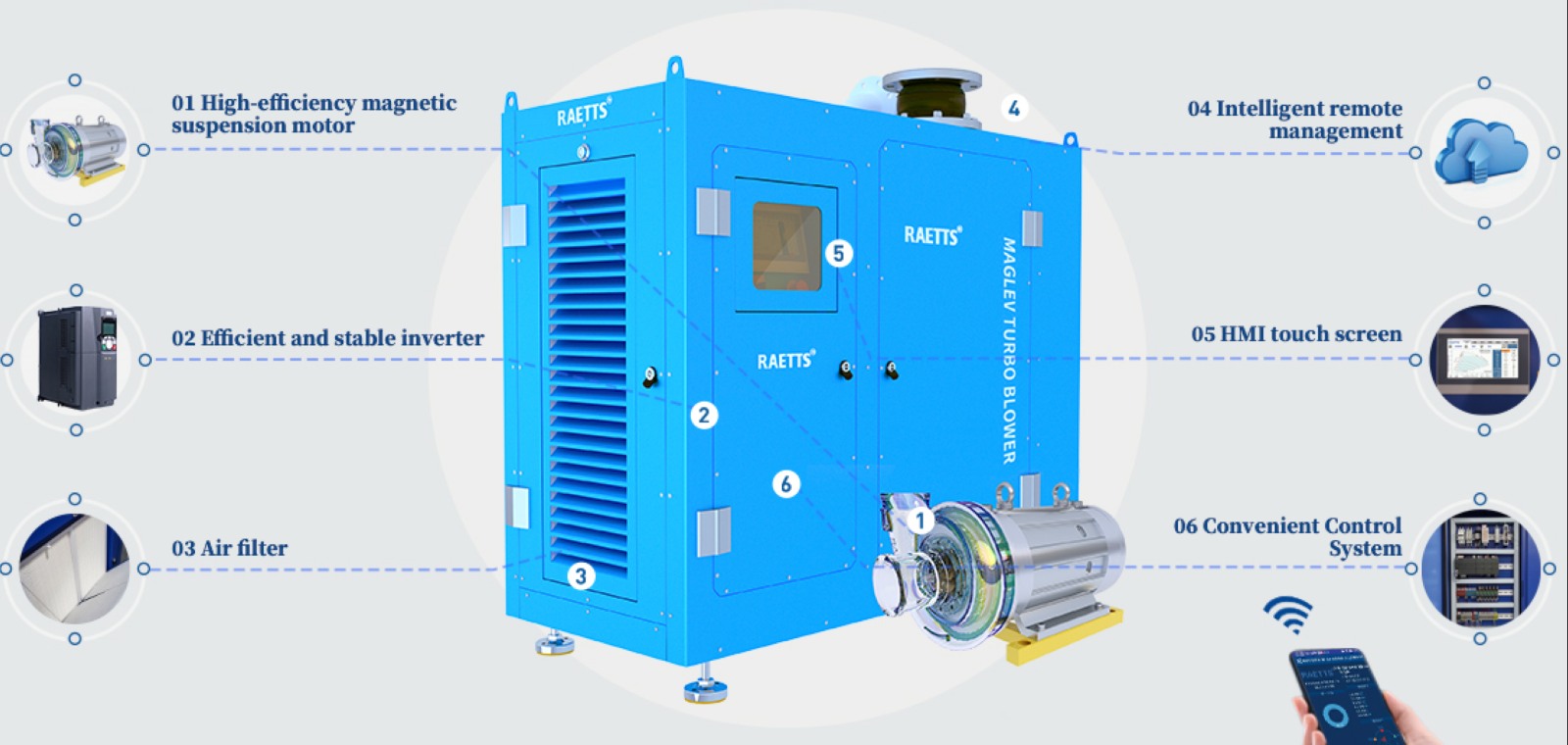
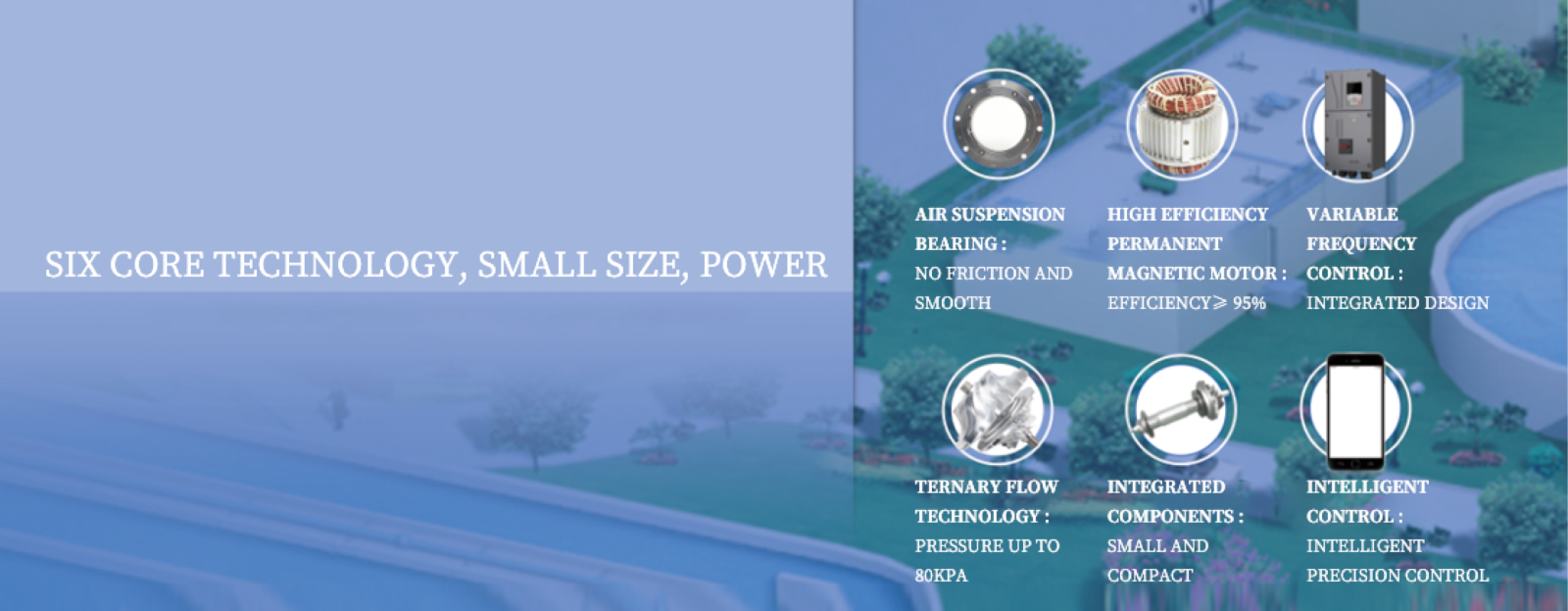
air blower services FAQs Guide
Are you looking for a quick review guide about air blowerservices?
An ultimate FAQ buying guide is available to help you.This guide contains all the information about all the important facts, figures, and various processes regarding air blower services.
Let’s continue!
2.Can a Turbo Blower Help to Reduce Energy Costs?
3.What is the Maximum Pressure and Flow Rate of a Turbo Blower?
4.What Maintenance is Required for a Turbo Blower?
5.Are There Environmental Benefits to Using a Turbo Blower?
6.How Does a Turbo Blower Handle Varying Inlet Conditions?
7.How Does a Turbo Blower Ensure Oil-Free Operation?
8.Are Turbo Blowers More Suitable for Certain Applications?
9.How Long is the Lifespan of a Turbo Blower?
10.About the development history of air blower factory
11.What are the different types of air blower available in the market?
12.About air blower raw materials
13.Can a Turbo Blower Be Operated Remotely?
14.What Types of Materials Can a Turbo Blower Handle?
1.About air blower warranty
RAETTS warranty time for air bearing blower and maglev turbo blower is 24months,for high speed centrifugal blower is 12 months.
2.Can a Turbo Blower Help to Reduce Energy Costs?
We actively participate in the air blower industry associations and organization activities. The corporate social responsibility performed well, and the focus of brand building and promotion
Yes, a turbo blower can help to reduce energy costs in several ways:
1. Energy-efficient design: Turbo blowers are designed to be highly energy-efficient, using advanced technologies such as variable frequency drives (VFDs) and magnetic bearings. These features help to reduce energy consumption and save on operating costs.
2. Lower maintenance costs: Turbo blowers require less maintenance compared to traditional blowers, which can result in cost savings over time. This is because they have fewer moving parts and do not require lubrication, reducing the need for maintenance and repairs.
3. Reduced energy consumption: Turbo blowers use less energy to produce the same amount of air compared to traditional blowers. This is due to their high-speed, direct-drive design, which eliminates the need for gears and belts that can cause energy losses.
4. VFD control: Turbo blowers are equipped with VFDs, which allow for precise control of the blower speed. This means that the blower can adjust its speed to match the required airflow, resulting in energy savings.
5. Lower operating costs: Due to their energy-efficient design and lower maintenance requirements, turbo blowers have lower operating costs compared to traditional blowers. This can result in significant cost savings over the lifetime of the blower.
Overall, a turbo blower can help to reduce energy costs by using less energy, requiring less maintenance, and having lower operating costs. This makes them a cost-effective option for industries and facilities looking to reduce their energy consumption and costs.
3.What is the Maximum Pressure and Flow Rate of a Turbo Blower?
We should have a stable supply chain and logistics capabilities, and provide customers with high -quality, low -priced air blower products.
The maximum pressure and flow rate of a turbo blower can vary depending on the specific model and manufacturer. However, in general, turbo blowers can achieve pressures up to 15 psi (1 bar) and flow rates up to 10,000 cubic feet per minute (cfm) (283 cubic meters per minute). Some high-performance turbo blowers may be able to achieve even higher pressures and flow rates. It is important to consult the manufacturer’s specifications for the specific turbo blower being used to determine its maximum pressure and flow rate capabilities.
4.What Maintenance is Required for a Turbo Blower?
We continue to invest in research and development and continue to launch innovative products.
1. Regular Cleaning: The most important maintenance task for a turbo blower is regular cleaning. This includes removing any debris or buildup from the blower blades, housing, and inlet and outlet ports. This can be done using compressed air or a soft brush.
2. Lubrication: The bearings and gears of a turbo blower require regular lubrication to ensure smooth operation and prevent wear and tear. It is important to follow the manufacturer’s recommendations for the type and frequency of lubrication.
3. Inspection of Belts and Couplings: The belts and couplings of a turbo blower should be inspected regularly for wear and tear. Any signs of damage or wear should be addressed immediately to prevent further damage to the blower.
4. Check for Air Leaks: Air leaks can significantly reduce the efficiency of a turbo blower. Regularly check for any leaks in the blower system and repair them promptly.
5. Monitor Vibration Levels: Excessive vibration can indicate a problem with the blower, such as misalignment or worn bearings. Regularly monitor vibration levels and address any issues promptly to prevent further damage.
6. Check for Overheating: Overheating can damage the components of a turbo blower. Regularly check the temperature of the blower and address any overheating issues immediately.
7. Replace Worn Parts: Over time, the blades, bearings, and other components of a turbo blower may wear out and need to be replaced. It is important to regularly inspect these parts and replace them as needed to maintain the blower’s efficiency.
8. Follow Manufacturer’s Maintenance Schedule: It is important to follow the manufacturer’s recommended maintenance schedule for your specific turbo blower model. This will ensure that all necessary maintenance tasks are performed at the appropriate intervals.
9. Keep a Maintenance Log: Keeping a detailed maintenance log can help track the performance of the turbo blower and identify any recurring issues. This can also help with scheduling and planning for future maintenance tasks.
10. Consult a Professional: If you are unsure about any maintenance tasks or notice any unusual issues with your turbo blower, it is best to consult a professional for assistance. They can provide expert advice and ensure that the blower is properly maintained.
5.Are There Environmental Benefits to Using a Turbo Blower?
Our mission is to provide customers with the best solutions for air blower.
Yes, there are several environmental benefits to using a turbo blower:
1. Energy Efficiency: Turbo blowers are more energy efficient compared to traditional blowers, which means they consume less energy to produce the same amount of air flow. This results in lower energy consumption and reduced carbon emissions.
2. Reduced Noise Pollution: Turbo blowers are designed to operate at lower noise levels compared to traditional blowers. This helps to reduce noise pollution in the surrounding environment, making them ideal for use in residential areas or noise-sensitive locations.
3. Lower Maintenance Requirements: Turbo blowers have fewer moving parts compared to traditional blowers, which means they require less maintenance and have a longer lifespan. This reduces the need for frequent replacements and disposal of old equipment, resulting in less waste and environmental impact.
4. Reduced Carbon Footprint: As turbo blowers are more energy efficient, they help to reduce the carbon footprint of the facility where they are used. This is beneficial for the environment as it helps to mitigate the effects of climate change.
5. Improved Air Quality: Turbo blowers are designed to provide a consistent and clean air flow, which helps to improve the air quality in the surrounding environment. This is especially important in industrial settings where air pollution can be a major concern.
6. Reduced Water Usage: Some turbo blowers are designed to use water as a lubricant, which reduces the need for oil or other lubricants. This helps to conserve water resources and reduce the risk of water pollution.
Overall, using a turbo blower can have a positive impact on the environment by reducing energy consumption, noise pollution, carbon emissions, and water usage, while also improving air quality and reducing maintenance requirements.
6.How Does a Turbo Blower Handle Varying Inlet Conditions?
We maintain a certain amount of R&D investment every year and continuously improve operational efficiency to provide better services to our cooperative customers.
A turbo blower is designed to handle varying inlet conditions by adjusting its speed and flow rate to maintain a constant pressure at the outlet. This is achieved through the use of a variable frequency drive (VFD) which controls the speed of the blower motor.
When the inlet conditions change, such as an increase or decrease in air flow or pressure, the VFD will adjust the speed of the blower to maintain a constant pressure at the outlet. This is done by monitoring the pressure at the outlet and adjusting the speed of the blower accordingly.
In addition, turbo blowers are equipped with inlet guide vanes (IGVs) which can be adjusted to control the amount of air entering the blower. This allows the blower to handle varying inlet conditions without overloading the motor or causing damage to the blower.
Furthermore, some turbo blowers are equipped with advanced control systems that can automatically adjust the speed and flow rate based on the inlet conditions, ensuring optimal performance and energy efficiency.
Overall, a turbo blower is able to handle varying inlet conditions by continuously adjusting its speed and flow rate to maintain a constant pressure at the outlet, while also utilizing inlet guide vanes and advanced control systems for optimal performance.
7.How Does a Turbo Blower Ensure Oil-Free Operation?
We pay attention to user experience and product quality, and provide the best product quality and lowest production cost for cooperative customers.
A turbo blower ensures oil-free operation through its design and construction, as well as through the use of specialized components and systems.
1. Oil-Free Design: Turbo blowers are designed to operate without the need for oil lubrication. This means that all the moving parts, such as the impeller and bearings, are designed to function without the use of oil. This eliminates the risk of oil contamination in the air stream.
2. Magnetic Bearings: Turbo blowers use magnetic bearings instead of traditional oil-lubricated bearings. These bearings use magnetic fields to levitate and support the rotating shaft, eliminating the need for oil lubrication. This also reduces friction and wear, resulting in longer service life and improved efficiency.
3. Air Cooling: Turbo blowers use air cooling instead of oil cooling. This means that the blower is cooled by the surrounding air, rather than by circulating oil. This eliminates the risk of oil leaks and contamination.
4. Sealed Enclosure: Turbo blowers are enclosed in a sealed housing, which prevents any oil from escaping into the air stream. This ensures that the air being delivered is completely oil-free.
5. Oil-Free Seals: The seals used in turbo blowers are specially designed to be oil-free. This prevents any oil from leaking into the air stream and ensures that the air being delivered is completely oil-free.
6. Oil-Free Filtration: Turbo blowers use specialized oil-free filtration systems to remove any oil or contaminants from the air stream. This ensures that the air being delivered is clean and oil-free.
Overall, the combination of these design features and specialized components ensures that a turbo blower operates without the need for oil lubrication, resulting in completely oil-free operation. This is essential for applications where oil contamination is not acceptable, such as in food and beverage production, pharmaceutical manufacturing, and electronics production.
8.Are Turbo Blowers More Suitable for Certain Applications?
We have advanced production equipment and technology to meet the needs of customers, and can provide customers with high quality, low priced air blower products.
Yes, turbo blowers are more suitable for certain applications compared to other types of blowers. Some of the applications where turbo blowers are commonly used include:
1. Wastewater Treatment: Turbo blowers are widely used in wastewater treatment plants for aeration and mixing processes. They are highly efficient and can handle varying airflows and pressures, making them ideal for this application.
2. Pneumatic Conveying: Turbo blowers are also commonly used in pneumatic conveying systems for transporting materials such as powders, pellets, and granules. They provide a steady and consistent airflow, making them suitable for this application.
3. Industrial Processes: Turbo blowers are used in various industrial processes such as cooling, drying, and ventilation. They are preferred for these applications due to their high efficiency, compact size, and low noise levels.
4. Aquaculture: Turbo blowers are used in aquaculture systems for providing aeration and maintaining oxygen levels in the water. They are also used for mixing and circulation in fish tanks and ponds.
5. Biogas Production: Turbo blowers are used in biogas production plants for providing the necessary air for the digestion process. They are also used for mixing and agitation in the biogas tanks.
Overall, turbo blowers are suitable for applications that require high efficiency, variable airflows and pressures, and low noise levels. They are also preferred for applications where space is limited, as they have a compact design.
9.How Long is the Lifespan of a Turbo Blower?
Our air blower products have competitive and differentiated advantages, and actively promote digital transformation and innovation.
The lifespan of a turbo blower can vary depending on several factors, including the quality of the blower, the operating conditions, and the maintenance and care it receives. On average, a well-maintained turbo blower can last anywhere from 10 to 20 years. However, with proper maintenance and care, some turbo blowers have been known to last up to 30 years or more. It is important to regularly inspect and service the blower to ensure it is functioning properly and to address any potential issues before they become major problems.
10.About the development history of air blower factory
RAETTS was set up in the year of 2011,the first product is super series high speed centrifugal blower(belt-drive type).The second product is developed in 2014,it is the direct-drive type high speed centrifugal blower,higher efficiency than belt-drive type.Both of this two blowers are used as the air source of the air knife drying systems.The air bearing blower was developed in 2018 and maglev turbo blower was developed in 2019.In 2020,we developed turbo compressor,which is to meet different applications which need higher pressure.
11.What are the different types of air blower available in the market?
For the industrial air blower,normally it is including side channel blower(also called ring blower),roots blower(also called lobe blower),single-stage centrifugal blower,multi-stage centrifugal blower,air foil bearing blowers and maglev turbo blowers.
12.About air blower raw materials
RAETTS air blower impeller in made of aluminum alloy,enclosure material is carbon steel,rotor material is cast iron.If customers need other special materials,we can also customized according to customers requirements.
13.Can a Turbo Blower Be Operated Remotely?
I have a comprehensive after -sales service system, which can pay attention to market trends in time and adjust our strategy in a timely manner.
Yes, a turbo blower can be operated remotely through the use of a remote control system. This system allows the operator to control the speed and other functions of the turbo blower from a distance, without the need to physically be near the blower. This can be useful in situations where the blower is located in a hard-to-reach or hazardous area, or when the operator needs to monitor and adjust the blower from a control room or other remote location. The remote control system typically consists of a control panel, sensors, and a communication system that allows for real-time monitoring and control of the blower.
14.What Types of Materials Can a Turbo Blower Handle?
We focus on teamwork and communication to achieve common goals, We attach great importance to this detail.
Turbo blowers are versatile machines that can handle a wide range of materials. Some of the most common materials that can be handled by a turbo blower include:
1. Air and gases: Turbo blowers are primarily used for moving air and gases in various industrial processes. They can handle a wide range of gases, including air, nitrogen, oxygen, and other inert gases.
2. Liquids: Turbo blowers can also handle liquids, such as water, oil, and other fluids. They are commonly used in wastewater treatment plants to aerate and mix liquids.
3. Solids: Turbo blowers can handle solid materials in the form of dust, powders, and granules. They are often used in pneumatic conveying systems to transport solid materials in industries such as food processing, pharmaceuticals, and chemical manufacturing.
4. Vapors: Turbo blowers can handle vapors and fumes from various industrial processes. They are commonly used in ventilation systems to remove harmful vapors and maintain a safe working environment.
5. Particulates: Turbo blowers can handle particulate matter, such as dust, dirt, and debris. They are often used in industrial cleaning applications to remove debris and maintain a clean working environment.
6. Fibrous materials: Turbo blowers can handle fibrous materials, such as paper, textiles, and wood fibers. They are commonly used in paper mills and textile factories to move and process these materials.
7. Corrosive materials: Turbo blowers can handle corrosive materials, such as acids and chemicals. They are often made from corrosion-resistant materials to withstand exposure to these substances.
It is important to note that the specific materials a turbo blower can handle may vary depending on its design and construction. It is always best to consult the manufacturer or a technical expert to determine if a turbo blower is suitable for a specific material.
Tag:wastewater treatment aeration blower solutions,Pneumatic conveying – Centrifugal blower,blower professional turbo,Centrifugal (Turbo) Blowers,magnetic levitation blower,compressor and blower used for cement industry,Air Blower For Paper Mill,high speed centrifugal blower

